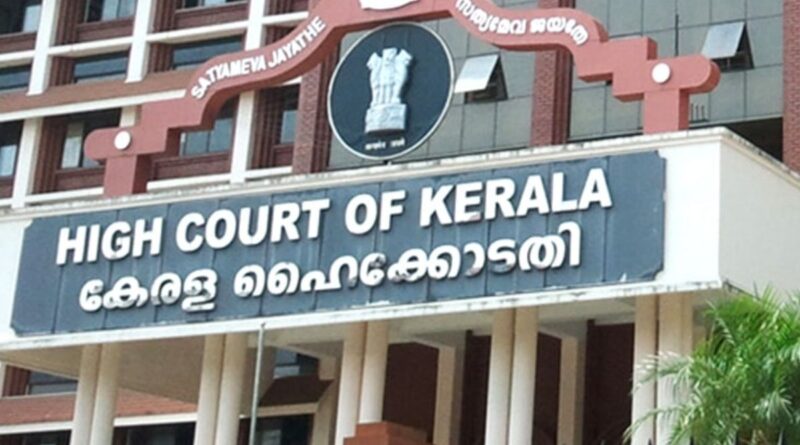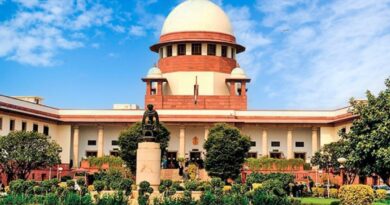Kerala High Court: Trial Judge Must Personally View Obscene Video Evidence Before Conviction
The Kerala High Court has ruled that in cases involving the alleged distribution of obscene videos, a trial court cannot convict an accused without personally examining the video evidence.
Justice Kauser Edappagath made this observation while setting aside the conviction of Harikumar, a video shop owner from Kottayam, who was accused of renting out ten video cassettes allegedly containing obscene content.
The trial court had earlier convicted Harikumar under Section 292 of the Indian Penal Code (IPC) based on witness testimonies and official reports, without viewing the cassettes themselves. He was sentenced to two years’ imprisonment and fined ₹2,000. The appellate court reduced the sentence to one year but upheld the conviction.
Challenging the decision, Harikumar argued that the magistrate had never inspected the seized cassettes. The High Court agreed, observing that under the Indian Evidence Act, 1872, the cassettes were primary evidence and must have been personally reviewed by the trial judge.
The Court clarified:
- Unless the judge views the material and forms an independent opinion on its obscenity, there is no substantive evidence to support conviction.
- Testimonies and reports can support the case but cannot replace the judge’s own inspection.
Since neither the trial court nor the appellate court examined the contents, the High Court found the conviction legally unsustainable and acquitted Harikumar.
Advocate MP Madhavankutty represented the petitioner, while Public Prosecutor Sangeetha Raj NR appeared for the State.





